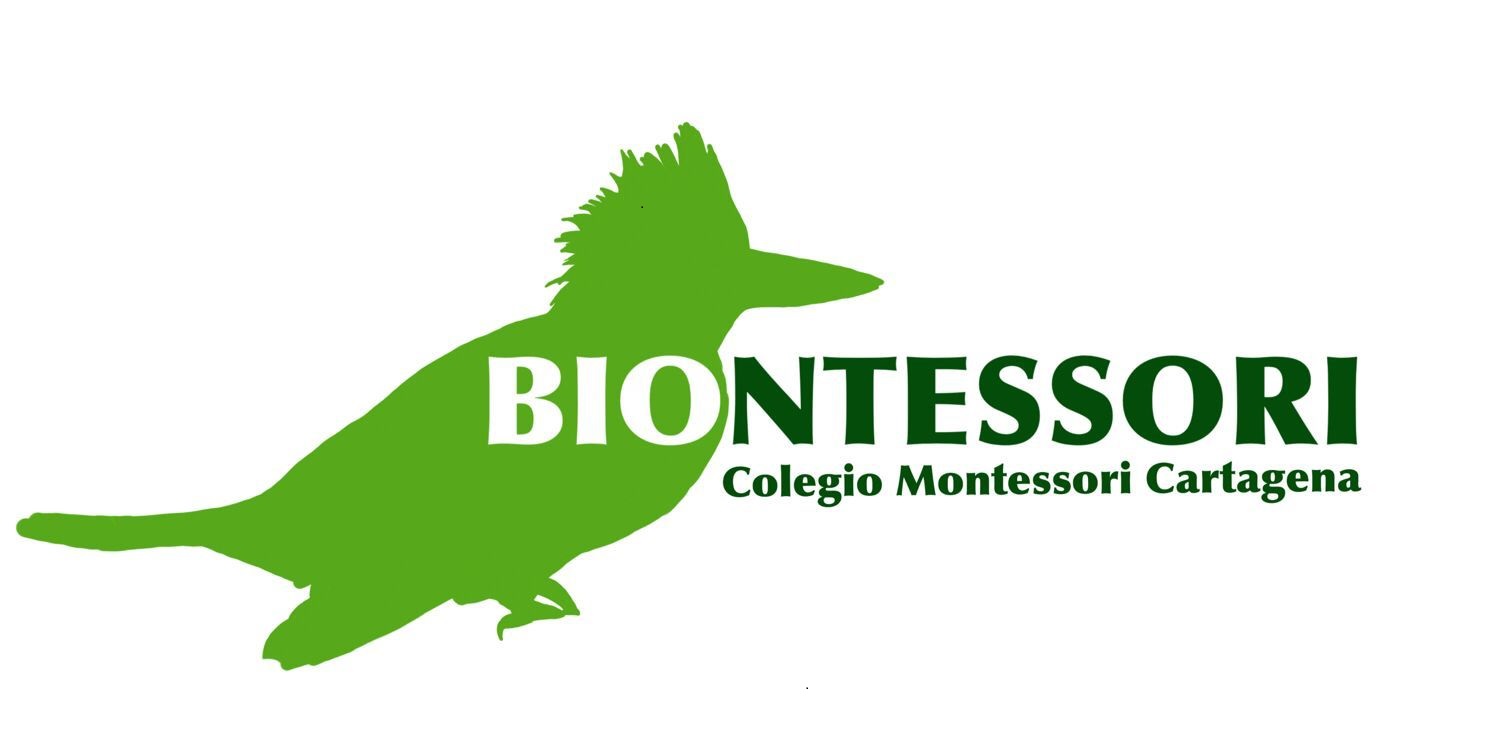Stars and STEM Stories
Biontessori Research Group Visualizes Environment of Ciénaga de la Virgen, Colombia
The Biontessori Research Group has participated in visualizing the environmental problems that are taking place in the Ciénaga de la Virgen, the second most important wetland in Colombia´s North Coast. Biontessori group comprises middle and high school students forms 6th to 11th grade.
Biontessori began their research in 2018 with the project, “ONDAS Bio IV Campaign Expedition," on two wetlands on the North Coast of Colombia (Las Ciénagas de la Virgen, Juan Polo and El Totumo): biodiversity and physical parameters of water. Then in 2022 and 2023, the group continued growing the scope of its research and presented the project “Land cover and bird communities in mangrove forests, Cartagena, Co (Period 2013-2021)” Part I and II. These three projects got four stars from the jury in the IVSS versions 2020, 2022, and 2023. Biontessori students represented the LAC region in the 2022 IVSS.

Every time Biontessori takes part in an event sharing the results of its projects regarding the Ciénaga de la Virgen, a wider audience becomes more aware of the environmental problems compromised in this critical wetland. Here it is necessary to say that it is one of the birds' migratory arrival sites and the home of Reddish Egrett (Egretta rufescens), considered Almost Threatened worldwide by the International Union for Conservation of Nature (IUCN).
This year, Biontessori's accomplishments attracted the attention of the Minister of Science, Technology, and Innovation of Colombia, which visited their school site last February. The research students presented their project evidencing the problems of deforestation and biodiversity loss in the Cienaga de la Virgen. That day through the press, many people learned about these problems, as well as the environmental authorities, and the Ministry concluded that the results these students presented regarding the wetland, supported by accurate data collected through sound protocols from The GLOBE Program, were necessary to be addressed by the authorities at all levels.
Biontessori´s students and teachers work alongside the Cartagena-University-Chemical-Engineering-Program Research Group IDAB´s professional researchers and university post-graduated and undergraduate students. Our students´ and teachers' contributions are precise in applying GLOBE Protocols. One line of action is in social learning, transferring this knowledge to other students and schools, mostly in rural areas. Three projects are underway:
- Toxicological and environmental evaluation of the effect of heavy metals in the ecosystems associated with Caño Juan Angola (Cartagena-Bolívar) in surface waters and sediments
- Design of a composting system from organic solid waste to be implemented in educational environments as an alternative to post-recycling. Case studies: University of Cartagena Piedra de Bolívar-Montessori College of Cartagena
- Social appropriation of knowledge for the strengthening of good beekeeping practices through the recognition and care of the environment and the development of new products through the construction of the community fabric in beekeepers of San Jacinto and Carmen de Bolívar.
As a result of this fruitful relationship, last May, Biontessori had the honor of presenting two projects at the 16th International Conference on Chemical and Process Engineering in Naples, Italy:
- Sustainability assessment of water ecosystems based on modified water poverty index (WPI) with birds´ biodiversity parameters. Case Study: Juan Angola Creek - Cartagena, Colombia. (By: Leones Jalelys, Restrepo Juan, Velandia Katherine, Sanchez Eduardo, Ojeda Karina)
- Sustainability assessment methodology applied to biodigestion of urban solid residues on scholar environment production. (By: Leones Jalelys, Restrepo Juan, Tejada Candelaria, Sanchez Eduardo, Ojeda Karina)
Biontessori also had the honor of being published:
- Leones Jalelys, Restrepo Juan, Velandia Katherine, Sanchez Eduardo, Ojeda Karin (2023). Sustainability Assessment of Water Ecosystems Based on Modified Water Poverty Index (WPI) with Birds Biodiversity Parameters. Case Study: Juan Angola Creek- Cartagena, Colombia. Vol 98 (2023). Chemical Engineer Transactions.
Postgraduate students in their pH process that have been part of these projects are now GLOBE STEM professionals.
Montessori´s Biontessori Research Group is an excellent example of the importance of the GLOBE Program not only as a Citizen Science Program but also as a community of practice, where all participants -- students and teachers -- constantly learn from others while making contributions with the data to expand the knowledge and understanding of our planet. Everything is connected. A problem in one region might be affecting others in many other parts of the world. "Acting on our square meter gives us hope that our planet can be a better place for all," (Juan Felipe Restrepo Mesa, GLOBE Mentor Trainer).
To see the work done by the Biontessori Group, read the article from El Universal, a local newspaper, and Ministro Luna News.
Star Story courtesy Juan Felipe Restrepo Mesa, GLOBE Mentor Trainer and Knowledge Management Chief and Environmental Education Coordinator at Colegio Montessori Cartagena de Indias, Colombia.





